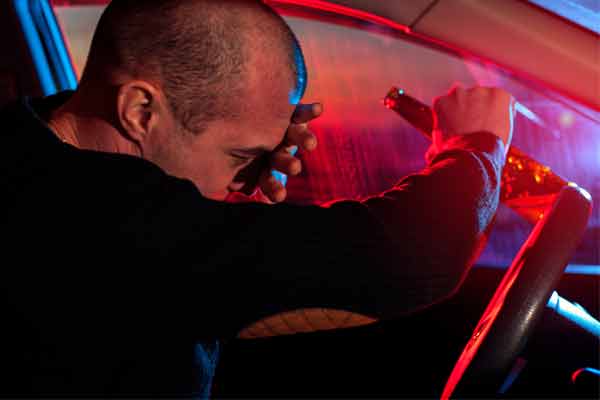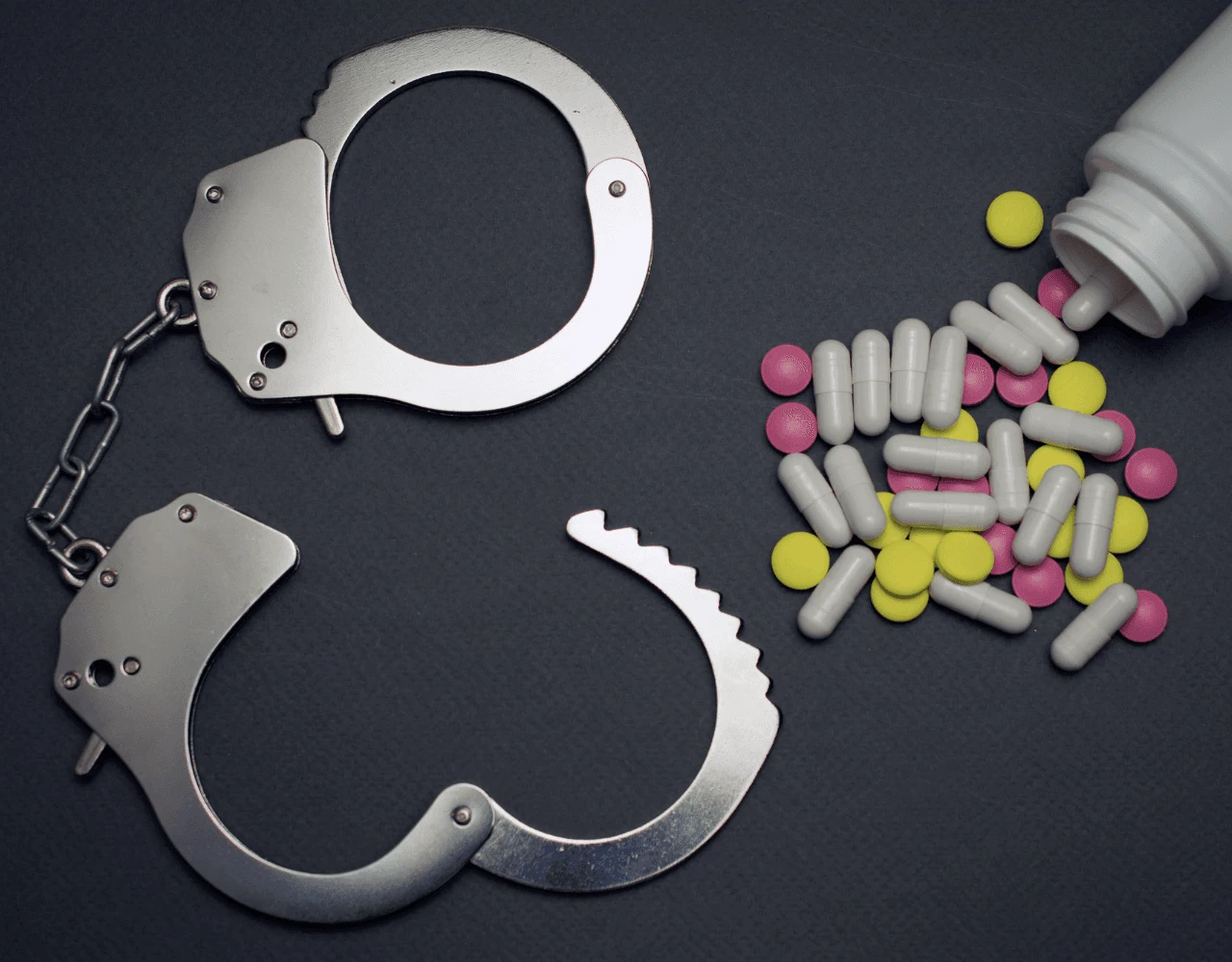Alternative Sentencing Options for Drug Charges in Chicago
2025-04-23T13:15:00
Illinois implemented the 0.08 driving under the influence (DUI) law in July 1997. This DUI law lowered the maximum amount of blood alcohol concentration (BAC) from 0.10 to 0.08. Illinois became the 25th state in the U.S. to implement the DUI law. Today, all 50 states adhere to and enforce this law. In 1997, the death toll of drunk driving-related fatalities was at an alarming 534. As of 2015, that number has barely risen over 300, causing a 43% reduction of drunk driving deaths fatalities in Illinois. While this number may seem large, Illinois DUI statistics have greatly improved in recent years.
Driving under the influence of alcohol and drugs has severe consequences that are emotionally, financially, and physically taxing for any driver. Not only are intoxicated drivers putting their own lives at risk, but other lives as well. If you or a loved one has been with a DUI charge, the experienced DUI criminal defense attorneys at Ktenas Law can help you get your charges reduced or even dismissed. Call our criminal defense law firm today at (312) 756-8652 to schedule a free initial consultation.
[joli-toc]
In Illinois, the typical DUI offender is overwhelmingly male. Men represent approximately 75% of the total DUIs. Also, the average DUI offender is 34 years old and DUI offenders aged 35 or less represent approximately 57% of total DUIs. In 2017, in Illinois, police officers arrested 27,046 DUI offenders. Further, most drunk driving arrests were made between 11 pm and 4 am. The average blood alcohol content (BAC) was 0.16, which is twice the legal limit anywhere. Also, 91% of DUI offenders lost their driving privileges and 86% of intoxicated drivers were first-time DUI offenders.

Unfortunately, some drivers still make the terrible decision to drive while drunk. This can lead to severe consequences much more serious than just going to jail. In the United States, driving under the influence of drugs or alcohol is still a big problem.

Since the 1980s, new DUI laws about the minimum legal drinking age reduced alcohol consumption and impaired driving among young adults. However, intoxicated driving still causes too many traffic fatalities every year. The National Highway Traffic Safety Association (NHTSA) reports 28 people per day still die from drunk driving car accidents. Across the nation, some states are severely affected than others when it comes to the most DUIs. North Dakota has the highest DUI percentage at 5.17 percent, and it also reports the highest rate of binge drinking in the nation.
If we look at drunk driving deaths per 100,000 people, Wyoming tops the list with 7.60 fatalities per 100,000 people.
Here are more drunk driving statistics across the nation, according to the Centers for Disease Control and Prevention (CDC):

Driving under the influence of drugs or alcohol is a crime, and there are severe legal penalties and economic consequences if convicted. It’s essential to note that the DUI criminal charge is prosecuted in criminal court and the Secretary of State’s office administers driver’s license sanctions.
Criminal penalties for drunken driving charges in Illinois vary based on the circumstances of the DUI arrest and DUI conviction. These circumstances might include the driver’s blood alcohol level, the driver’s age, whether the driver was transporting a child under age 16, and whether the driver has previous drunk driving convictions.
In Illinois, non-commercial drivers age 21+ are legally drunk if their blood alcohol level is 0.08 or more. Further, drivers of commercial vehicles are considered legally drunk if their blood alcohol content is 0.04 percent or more. School bus drivers are considered commercial drivers in Illinois.
Further, underage drivers are legally drunk when their blood alcohol level is over 0.00.
Criminal penalties for driving under the influence in Illinois are:

Additional criminal penalties for a DUI charge with a BAC of 0.16 or higher may include:
Additional criminal penalties for DUI while transporting a young child under 16 years old include:
Further, repeat DUI offenders must install an ignition interlock system in their vehicle for a time period deemed appropriate by the Illinois Secretary of State.
Being charged with a drunk driving offense isn’t a laughing matter–it is a serious charge that can cause extensive damage to your life. If you’re facing a DUI charge, you may be subject to expensive fines and could even face jail time. Since of the high stakes, when you’re charged with a DUI, you must contact an experienced Chicago DUI defense attorney as soon as possible. At Ktenas Law, our skilled lawyers can protect your freedom and your right to drive. Call our law offices in DuPage County, Cook County, and Will County today at (312) 756-8652 to set up a free initial consultation or chat with us online to learn how we can help.

2025-04-23T13:15:00

2025-04-07T11:50:40

2025-03-24T11:55:03

